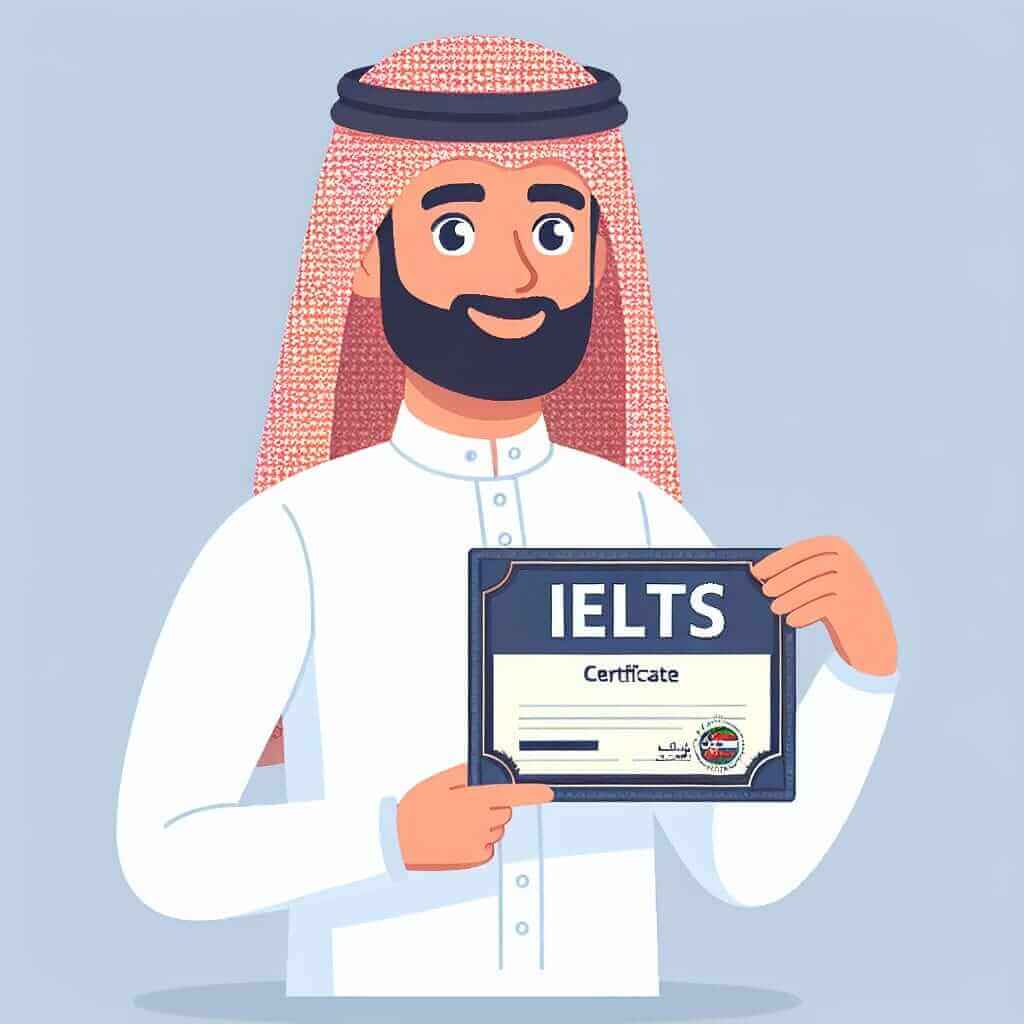As an IELTS instructor with over 20 years of experience, I’ve encountered countless students asking, “What is the purpose of gaining knowledge for IELTS?” It’s a fundamental question that deserves a comprehensive answer. While achieving a high IELTS score is often the immediate goal, the pursuit of knowledge for this exam extends far beyond.
The True Value of IELTS Preparation
Many perceive IELTS as simply an English proficiency test, a hurdle to clear for academic or immigration purposes. However, the journey of IELTS preparation offers a wealth of benefits that extend far beyond the test itself:
1. Enhanced Language Proficiency:
- Vocabulary Expansion: IELTS preparation exposes you to a vast range of vocabulary across diverse topics, from technology and the environment to education and social trends. This enhanced vocabulary not only benefits your IELTS score but also empowers you to communicate more effectively in English in any situation.
- Grammar Refinement: Through consistent practice with IELTS materials, you’ll solidify your grasp of English grammar rules. This increased accuracy will be evident in both your written and spoken English.
- Improved Fluency and Pronunciation: The IELTS Speaking test, in particular, pushes candidates to express themselves fluently and with clear pronunciation. This practice translates into greater confidence and fluency in everyday English conversations.
2. Developing Essential Life Skills:
- Critical Thinking: The IELTS exam often presents complex issues and requires you to analyze information, form opinions, and present them coherently. These critical thinking skills are invaluable in academic, professional, and personal settings.
- Research and Information Synthesis: Preparing for the IELTS Writing tasks involves researching topics, evaluating sources, and synthesizing information effectively – skills that are essential for academic success and beyond.
- Time Management: IELTS is a timed test, demanding efficient time management skills to complete all sections within the allocated time. This ability to work under pressure and manage time effectively is a crucial life skill.
3. Opening Doors to Global Opportunities:
- Academic Advancement: A strong IELTS score is your passport to top universities and colleges around the world, opening doors to prestigious academic programs.
- Career Enhancement: Many professions and industries require a certain level of English proficiency. Achieving a good IELTS score demonstrates your language abilities to potential employers and enhances your career prospects.
- Global Mobility: Whether for work, study, or travel, a recognized English language certificate like IELTS increases your mobility and allows you to confidently navigate the world.

Examples from Real IELTS Tests
To illustrate the practical application of knowledge gained through IELTS preparation, let’s examine a few examples:
Speaking Test: You might be asked to discuss the benefits of learning a foreign language. Your preparation would equip you with the vocabulary (e.g., “cognitive benefits,” “cultural awareness,” “communication skills”) and the ability to articulate your ideas effectively.
Writing Task 2: An essay question might ask you to analyze the impact of technology on education. Your IELTS preparation would have exposed you to relevant vocabulary (e.g., “online learning,” “digital literacy,” “virtual classrooms”) and honed your ability to structure a well-supported argument.
Tips for Effective IELTS Knowledge Acquisition
- Embrace Diverse Learning Resources: Utilize a variety of materials, including practice tests, textbooks, online resources, and language exchange partners.
- Focus on Understanding, Not Memorization: Instead of rote learning, strive to understand concepts, grammar rules, and vocabulary usage.
- Practice Consistently: Regular practice is key. Dedicate time each day to work on different sections of the IELTS exam.
- Seek Feedback: Don’t hesitate to ask teachers, tutors, or native English speakers for feedback on your progress.
Conclusion
In conclusion, the purpose of gaining knowledge for IELTS extends far beyond simply achieving a target score. It’s an investment in your language skills, your personal development, and your future opportunities. By embracing the learning process and applying yourself diligently, you’ll not only succeed in the IELTS exam but also reap long-term benefits in your academic, professional, and personal life.